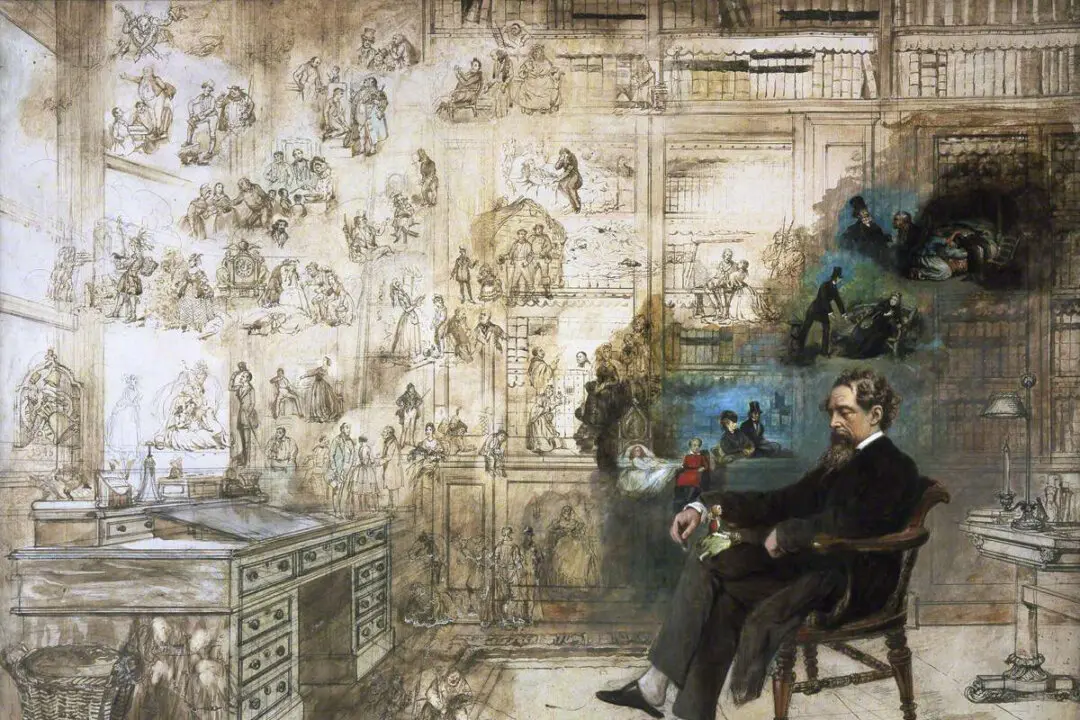In his short story “What You Want,“ O. Henry contemplates the true meaning of contentment. The author sets up the story as if it will be a fairy godmother tale, but he shatters those expectations with a moral that is truly meaningful.
Millionaire Tom Crowley lives and prospers in Bagdad-on-the-Subway (better known as New York City), and calls himself a caliph. The author notes: “In these times, to be called a caliph you must have money.” Crowley possesses “$42,000,000 in preferred stocks and bonds with solid gold edges.”






